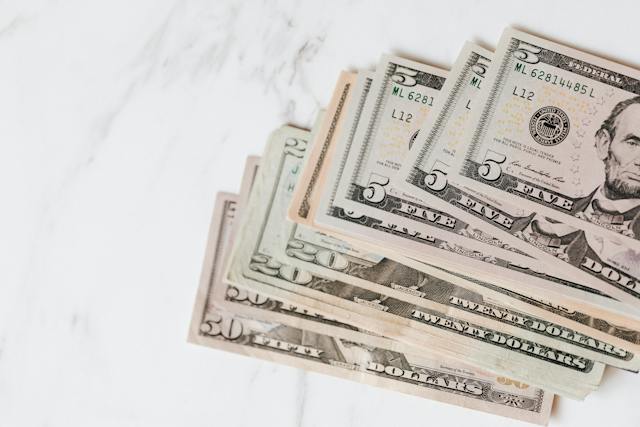When an unforeseen event in your life requires an immediate payment to be resolved, pawn shops can be a great source of financial assistance. They’re especially helpful for people who don’t have access to other means of acquiring fast cash – but won’t have a problem paying the loan back within a few months or so. While the amounts tend to be minimal, they are often sufficient to cover minor but urgent expenses.
Common terms that show up in loan agreements include:
- Cash amount borrowed
- Pledged item as collateral
- Interest rates
- Prepayment
- Payment due date
- Other financial terms
The Benefits of Pawn Shop Loans
There are other sources of loans – namely, large banking institutions. But they have loan requirements that not everyone qualifies for, nor has the time to fill out paperwork and then wait to find out. They may want to know:
- Personal financial information
- Credit score/report
- Social security number
- Other details, depending on type of loan
It can take weeks for someone to get back to you with a response. And when you need money soon, you may prefer not to waste time if there’s a good chance you’ll be turned down.
How Do Pawn Shop Loans Work?
To be considered for a loan, all you have to do is visit the pawner with an item of value you want to temporarily trade in as collateral for a small cash loan. Jewelry, gemstones, watches and electronics are common forms of loan collateral. One option is to sell the item outright. But with a loan you can get your property back as long as you pay back the loan per the terms of the agreement.
These are the basic steps of a pawn shop loan:
- Bring in your item
- Resale value of item is determined
- Pawner gives you an offer
- You agree to terms in writing
- You pay back the loan and get your property back
Be sure you understand and have fully considered your payment deadline, as well as any interest included in your agreement. The loan amount will likely be a percentage of the resale value of your belonging. For example, if your watch is valued at $100 and they only lend up to 60% of the resale value, you might be offered a $60 loan.
Redeeming the Loan: The Leveraged Item Still Belongs to You
Before paying back the loan, the item typically still belongs to you as long as you’re meeting the terms of your agreement. Once you’re able you may redeem your debt by paying back the loan, which may include interest or a fee on top of the loan amount.
What Happens If You Can’t Pay Back Your Loan?
Each loan agreement should be considered individually, as the terms may vary, even at the same location. That said, if you can’t pay off your loan, the pledged item no longer belongs to you. Generally, the pawner can sell it on or after an agreed-upon date in your contract.
If there is a possibility you won’t be able to pay back your loan on time, you may risk being charged interest rates and even storage fees, which is why it’s so important to be aware of the terms, as well as the potential risks, of any loan agreement.
Get a Loan at Fullerton Pawners, Chicago’s Safe & Reputable Full-Service Pawnbroker
At family-owned Fullerton Pawners, we believe in transparency and are more than happy to explain how our loan services work. This is one of the reasons we’ve developed such a solid reputation in the more than three decades we’ve been providing loans and other services on Chicago’s north side.
Among our many available services, we handle:
- Cash Loans on the Spot
- Free Loan Appraisals
- Cash Purchases
- Sales of Wide Range of Items
Contact Fullerton Pawners online, or call us at 773-637-9999 to discuss taking out your next loan.

